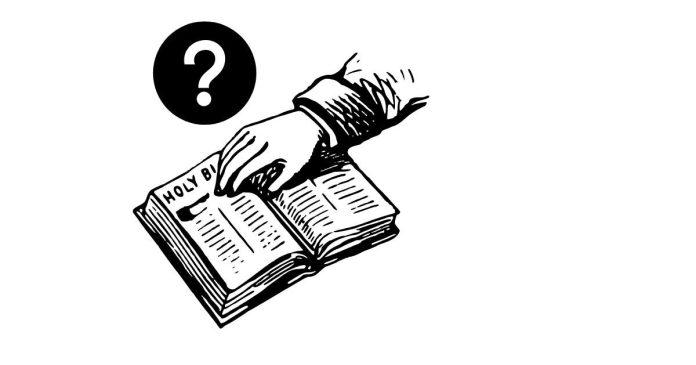The removal of certain books from the Bible has been a topic of discussion and debate for centuries. These books, often referred to as the Apocrypha or Deuterocanonical books, were excluded from some versions of the Bible, particularly during the Protestant Reformation. Here’s a summary of the key points:
Books Commonly Removed
1. 1 and 2 Esdras
2. Tobit
3. Judith
4. Wisdom of Solomon
5. Ecclesiasticus (Sirach)
6. Baruch
7. Additions to Esther
8. Additions to Daniel (e.g., Prayer of Azariah, Susanna, Bel and the Dragon)
9. Prayer of Manasseh
10. 1 and 2 Maccabees
These books are part of the Septuagint, a Greek translation of the Hebrew Scriptures, but they were not included in the Hebrew Masoretic Text.
Why Were They Removed?
1. Protestant Reformation
Martin Luther and other reformers in the 16th century questioned the canonicity of these books because they were not part of the Hebrew Bible.
Protestants adopted the Jewish canon, which excludes these texts, as the basis for the Old Testament.
2. Doctrinal Differences
Some of the removed books contain teachings or historical accounts that were inconsistent with Protestant doctrines. For example:
2 Maccabees supports the practice of praying for the dead, which aligns with Catholic but not Protestant beliefs.
Tobit includes the intercession of angels, a concept questioned by reformers.
3. Historical and Linguistic Factors
The Apocryphal books were primarily written in Greek, while much of the Hebrew Bible was written in Hebrew or Aramaic. This linguistic difference led some to question their authenticity.
Some books were viewed as historically or theologically secondary, lacking the same level of divine inspiration.
4. Council Decisions
The Council of Trent (1545–1563) officially confirmed the inclusion of the Deuterocanonical books in the Catholic Bible in response to Protestant challenges.
Earlier councils, like the Council of Carthage (397 CE), had already affirmed these books as part of the canon for early Christianity.
Bibles with and Without These Books
Catholic Bible: Includes the Deuterocanonical books.
Orthodox Bible: Includes even more books, such as 3 Maccabees and Psalm 151.
Protestant Bible: Excludes these books and follows the 39-book Old Testament found in the Hebrew Bible.
Summary
Books were removed from some versions of the Bible primarily due to differences in theology, historical tradition, and linguistic origins. While these books remain integral to Catholic and Orthodox Christian traditions, they are considered non-canonical or “apocryphal” by most Protestant denominations.



